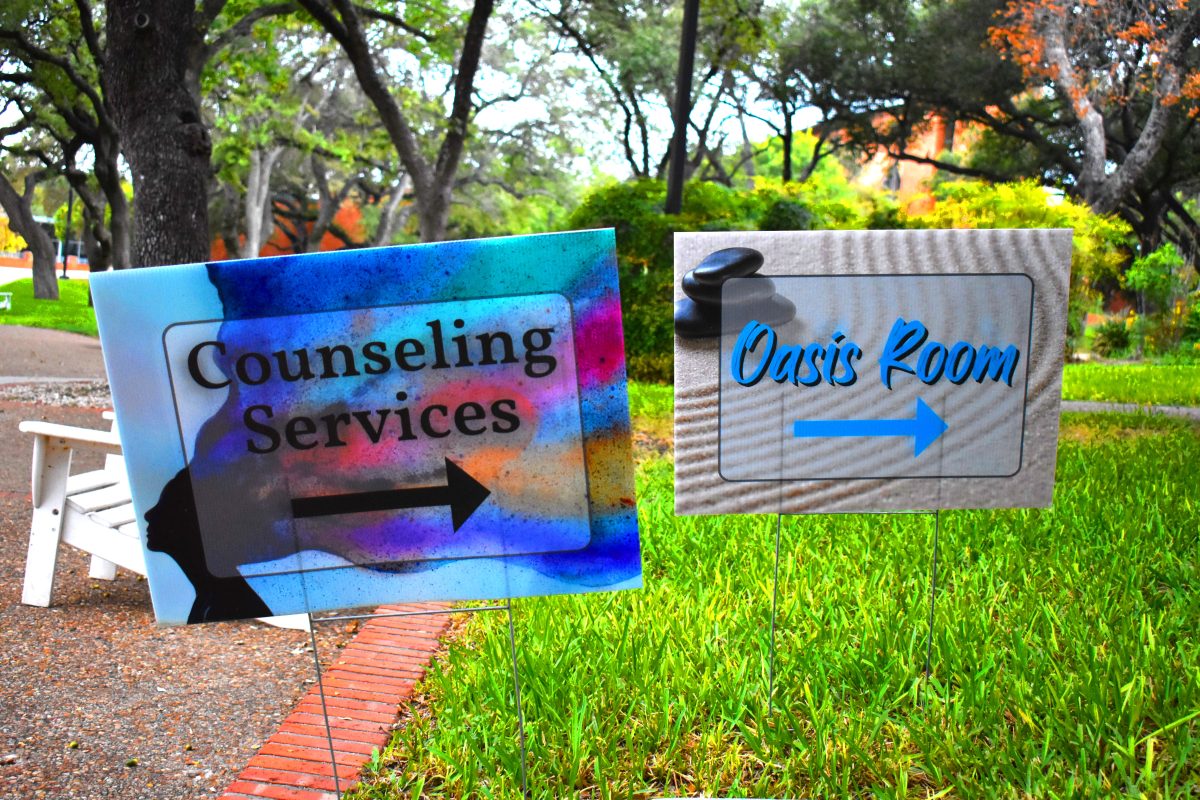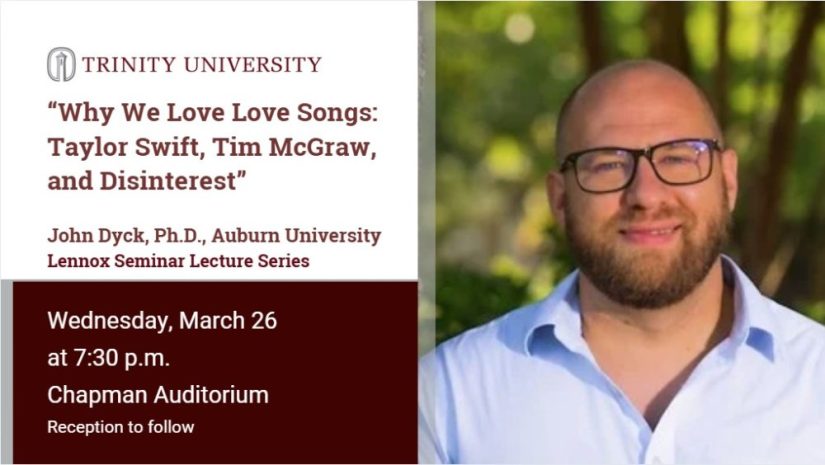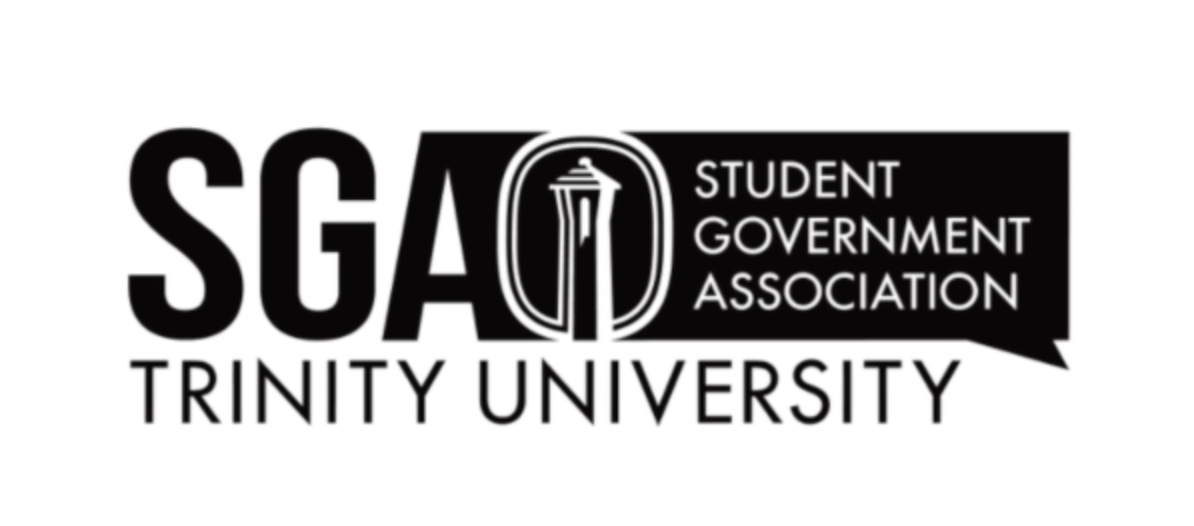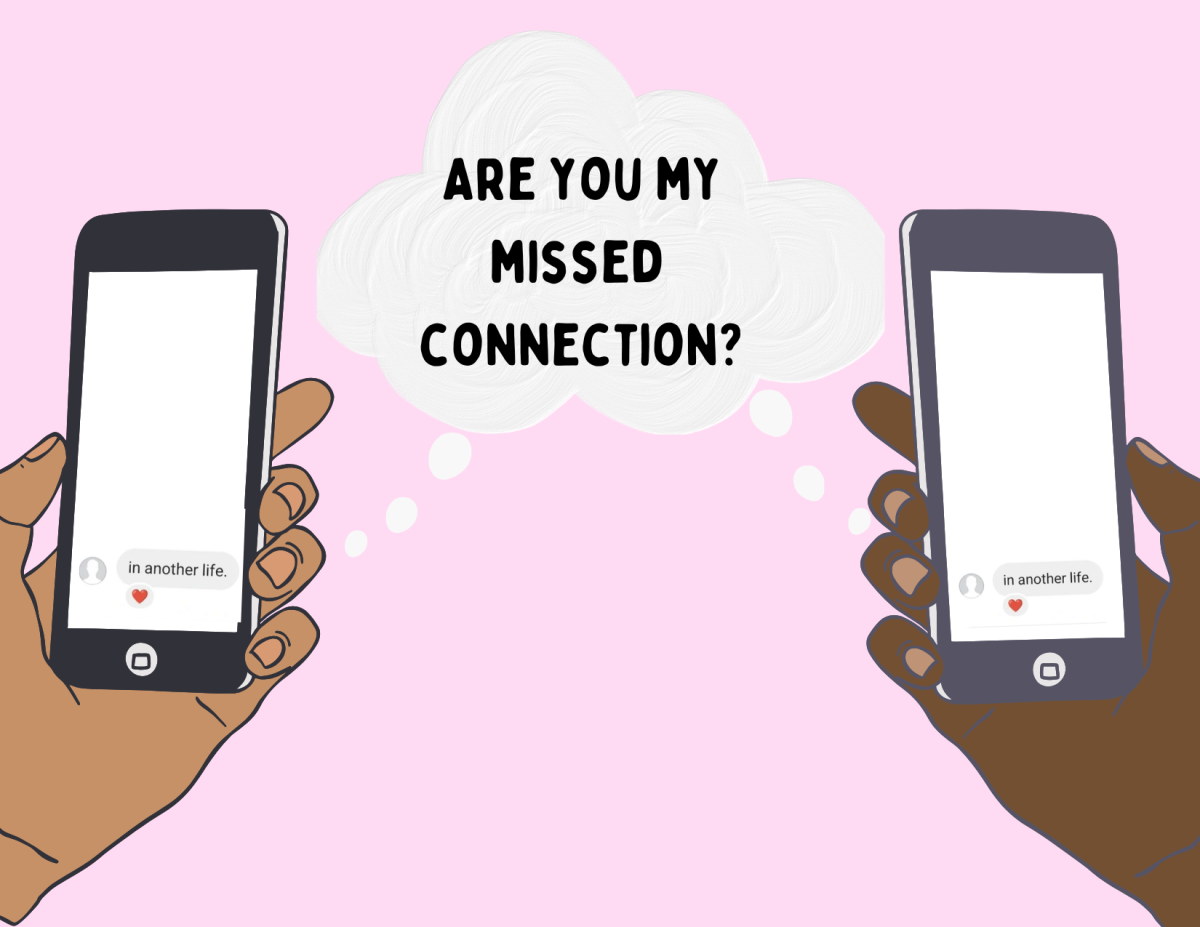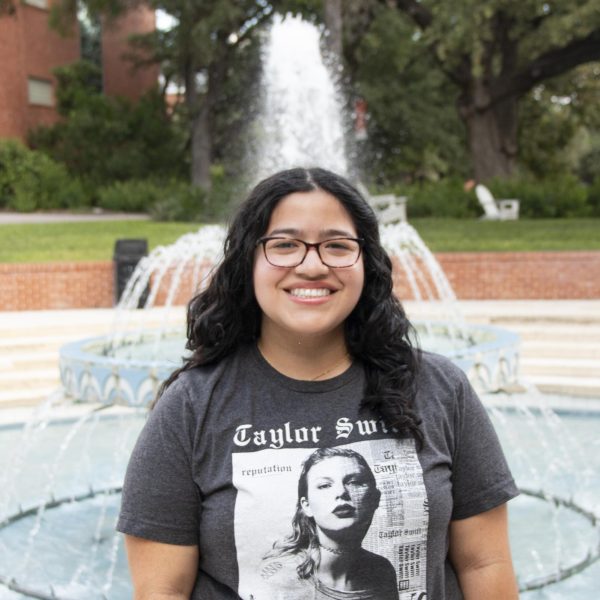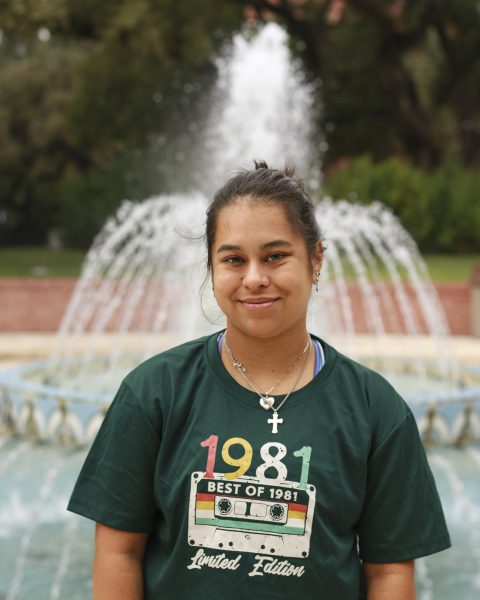In the west wing of the Coates Student Center, five full-time and three part-time counselors work, each coming from a different background and bringing those identities into their work. An increasing number of students are meeting with counseling services, with students of color attending counseling in proportion to their presence in the student body.
As more students use counseling services there have been issues regarding session limits and difficulty booking appointments in the past. According to Richard Reams, director of counseling services, these rumors are not true. Regardless, these statements can be a deterent to students considering giving Trinity counselors a try.
When a student decides to schedule an appointment with a counselor, it’s hard to know what to expect. While someone may have a host of topics they want to discuss, it can be difficult to open up at first. Reams talked about the way the counseling office operates with students.
“Well, they [the student] should know that of course they’re going to be nervous. That’s normal. They should know that we try to make things as easy as we can for them. The counselor is going to be active, not passive,” Reams said. “And there are stereotypes on television and movies who don’t say much, don’t ask much, almost like a blank screen. That is not us. We are very interactive, very conversational with the people that we talk to.”
Before attending counseling, students should be aware that Trinity counselors do not diagnose students. Reams said that counseling services refers students to another resource in rare cases.
“It’s useful to think of us as being kind of similar to a primary care physician’s office. We treat lots of things, but just like some primary care physicians, we have to refer a patient to a specialist,” Reams said. “Sometimes we have to refer to somebody who needs a certain type of treatment or a certain intensity of treatment that is beyond the scope of what we can offer.”
There is a new resource directed at young men on campus. MANUAL is a web-based online platform that aims to improve health literacy and well-being for young men.
Matthew Stefanko, MANUAL CEO, pushed the need for men to increase their well-being.
“We’re excited to offer MANUAL’s full suite of resources to young men at Trinity University to address the array of challenges faced by young men on campus today. The reality is that the needs of young adults require multi-pronged approaches like the one now happening at Trinity University,” Stefanko wrote in an email.
While MANUAL is an additional resource for students to use, it has been found that men typically don’t take advantage of wellness services as much as they could. According to Marlaina Widmann, director of wellness serivces, this phenomenon is common nationwide.
“There is a national trend of young men underutilizing campus resources that is also true at Trinity,” Widmann wrote in an email. “My hope is that our young men fully utilize this service to experience personal development in many different areas.”
In the future, Reams hopes to add a sixth full-time counselor to the staff. There is also an emphasis on ensuring students know about the vast array of help Trinity counselors provide.
“Some students think we just treat mental illness. Well, that’s a slice of what we do. Some students think we only really deal with ‘low-level’ things like breakups, homesickness and so forth. Well, we do that too. We also talk with students who are developmentally going through stuff, whether it’s around identity development, the intersection of identities, a lot of relational stuff, conflict with parents over values, lifestyle and so forth.” Reams said. “Don’t assume that what you are bringing to a counselor to talk about isn’t serious enough or is too serious.”

